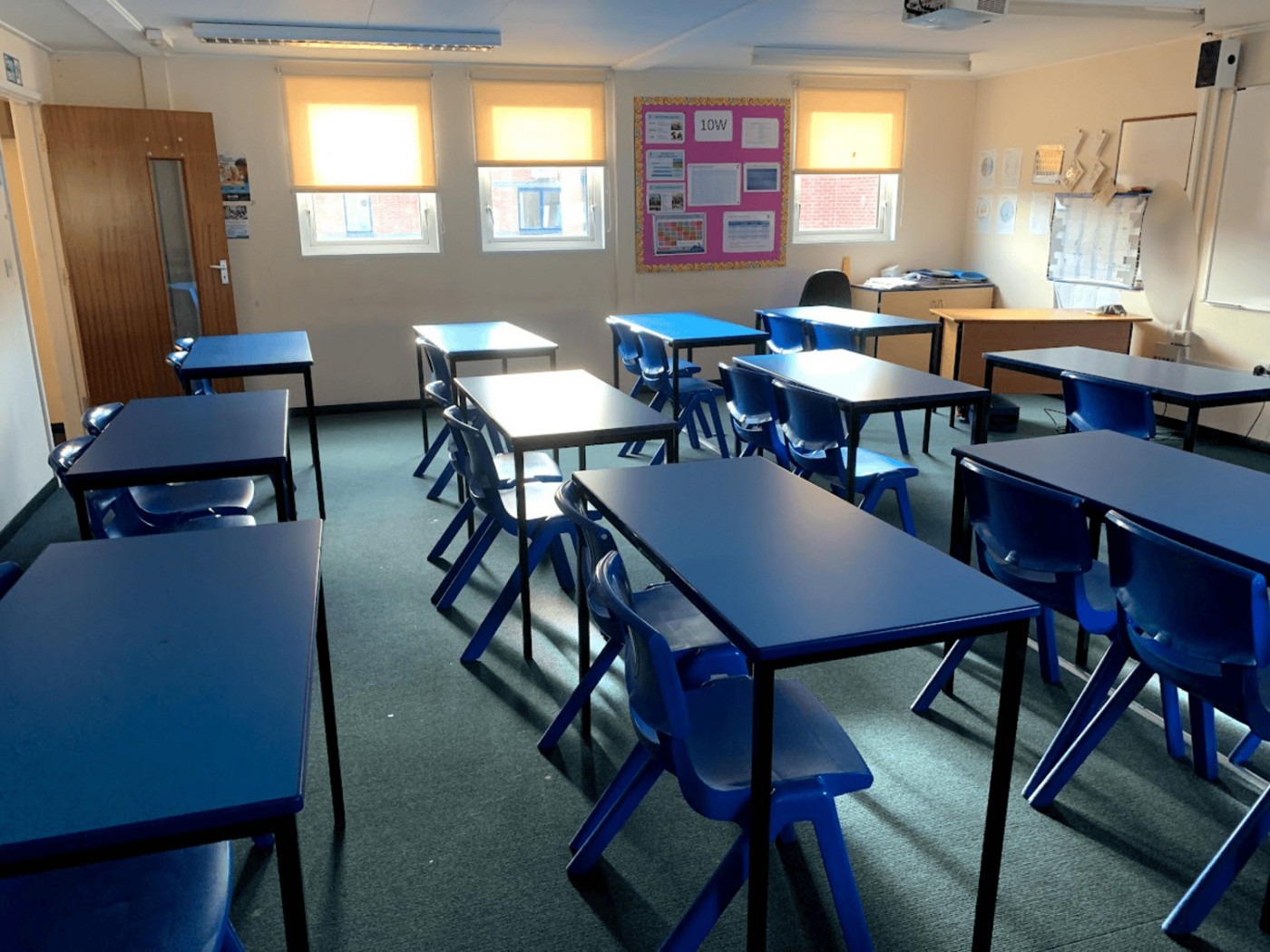New data reveals extent of Covid-19’s impact on young people
New data five years on has revealed the legacy of the Covid-19 pandemic on young people’s mental health.
Since the World Health Organisation (WHO) declared Covid-19 a global pandemic in March 2020, young people have experienced a “tsunami of mental health problems” due to lockdown, says The Guardian.
COVID-19 has left behind lasting legacies of anxiety, heightened screen time, and increased school avoidance, with 1.6 million children in England still consistently missing school.
All primary and secondary schools and higher education institutions were closed by 20 March 2020, which led to all teaching moving online.
I’m almost 25 and I’ve no idea what I want to do
Felix, second-year student in March 2020
Those attending university when the pandemic suddenly struck are still suffering the consequences of campuses being shut, the shift to online lectures, and a lack of socialisation.
Many young people blame the pandemic for their stunted social development and loneliness.
The Guardian interviewed Felix, a second-year student when lockdown began, who felt that his “ability to form relationships has been affected”.
“I’m almost 25 and I’ve no idea what I want to do.”
Children as young as five years old would use as many as three different devices just to attend online school lessons during lockdown, while teenagers have now become glued to their phones, unable to exist without their screens.
Over two million young adults experienced deterioration in their mental health as a result of stay-at-home measures, with 37% feeling worse than pre-lockdown
Due to their economic background, around 15% of secondary school students could not access the technology required for online school, hindering both their academic and future career progression.
Over two million young adults experienced deterioration in their mental health as a result of stay-at-home measures, with 37% feeling worse than pre-lockdown.
Rachel de Souza, the Children’s Commissioner for England and former headteacher spoke of how “many children face long waits for mental health care”, and stressed the importance of listening to children’s voices to gain their insight when making decisions which will influence their future.
Alongside a decline in mental health, a survey of 2000 young adults by Clinical Partners revealed that 51% felt heightened anxiety at work, while 40% blamed the pandemic for impeding their career progression.
The survey also found that some young people have turned to smoking and vaping (19%) and alcohol (10%) to cope with their mental health problems, a problem exacerbated by long waiting times, uncertainty, and the fear of judgment in seeking professional support.
In 2025, many children and young people still suffer greatly from the academic, social, and mental health impacts of the outbreak of Covid-19 five years ago, and it is crucial that the right professional help is made available to those who need it.

Comments